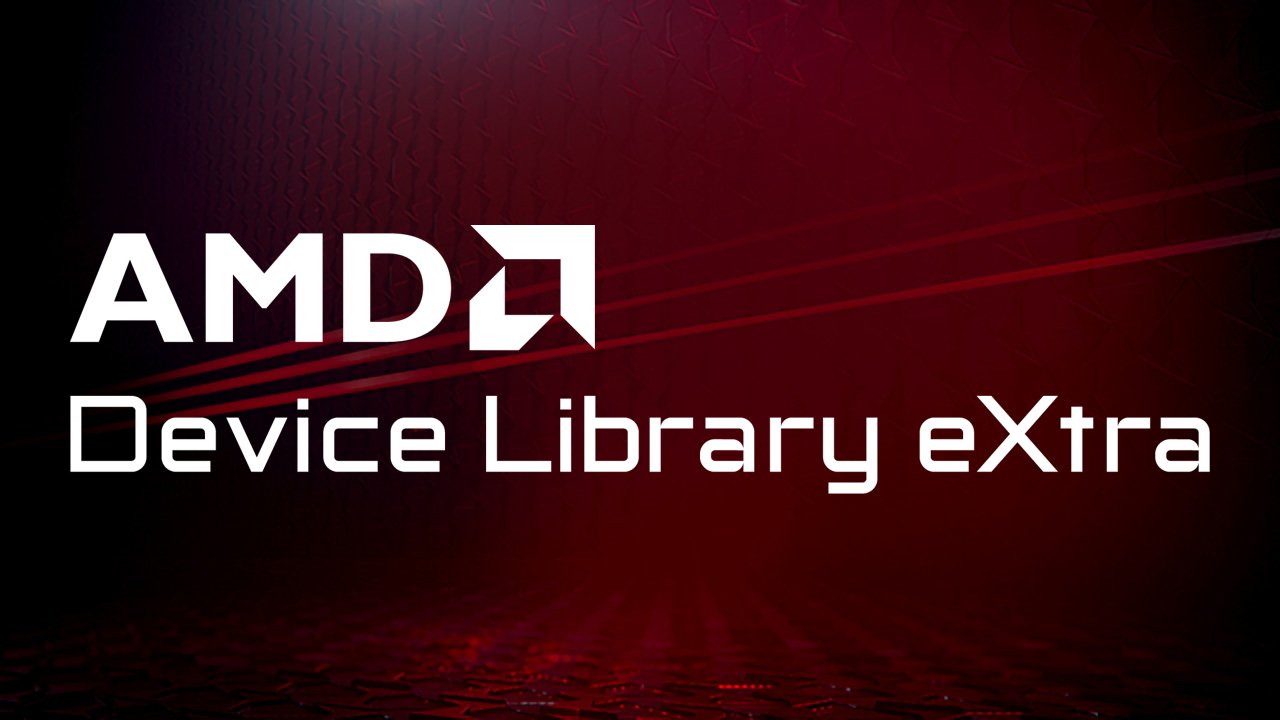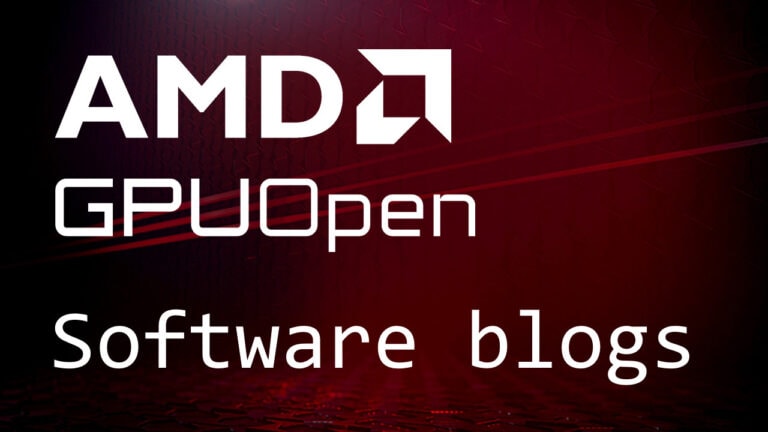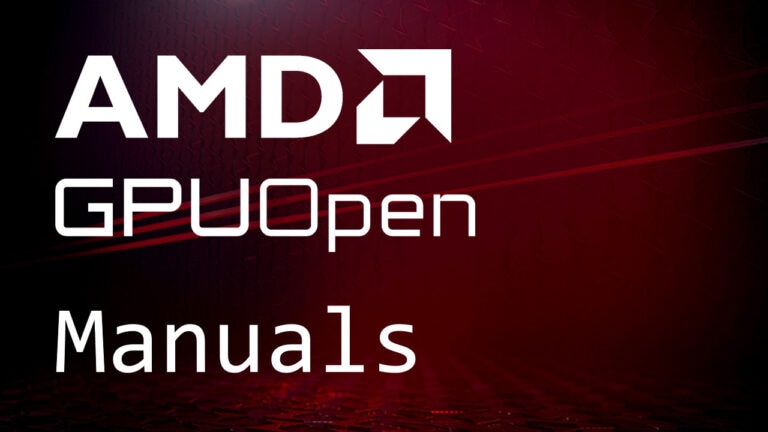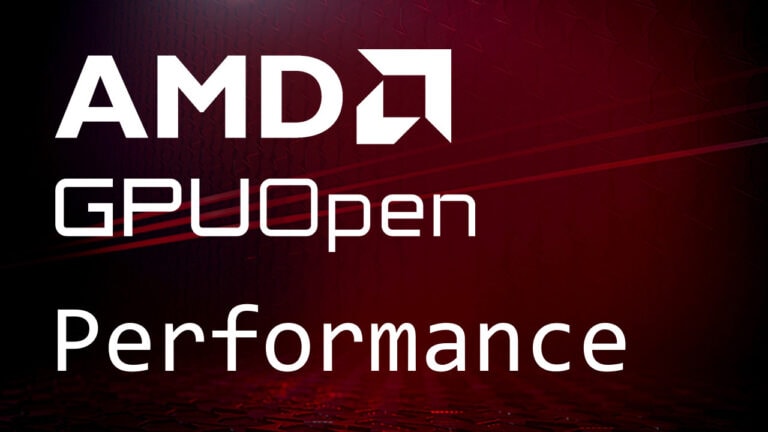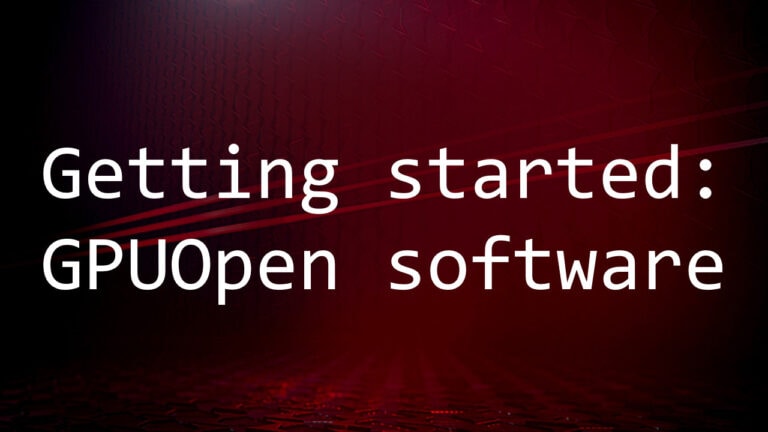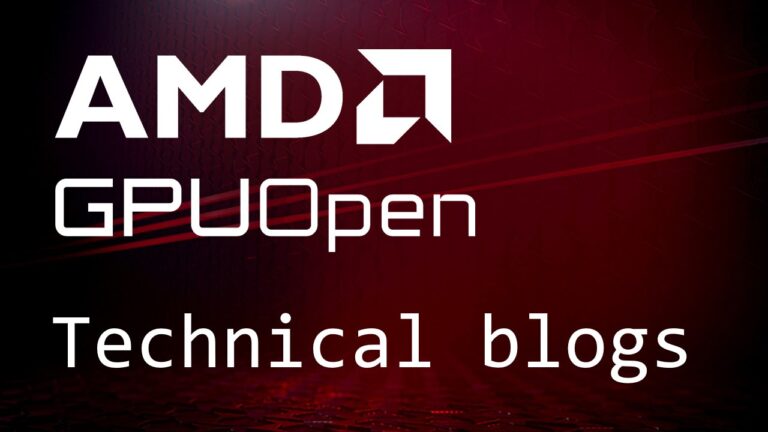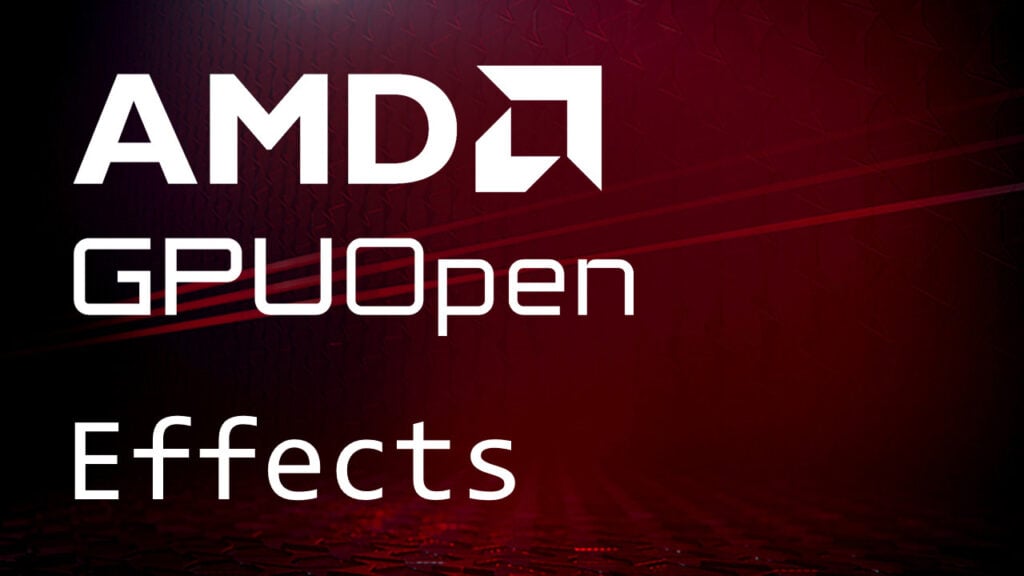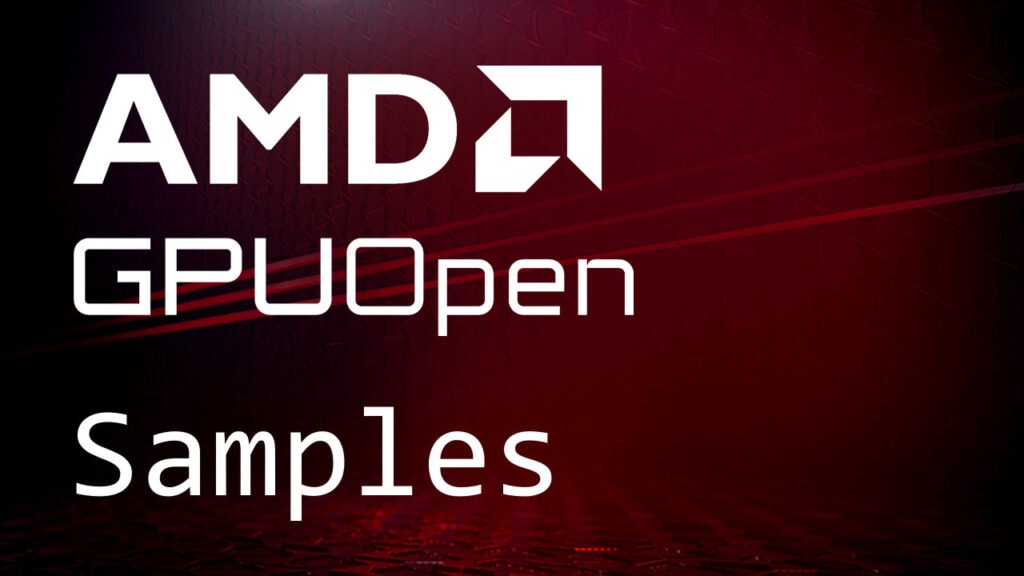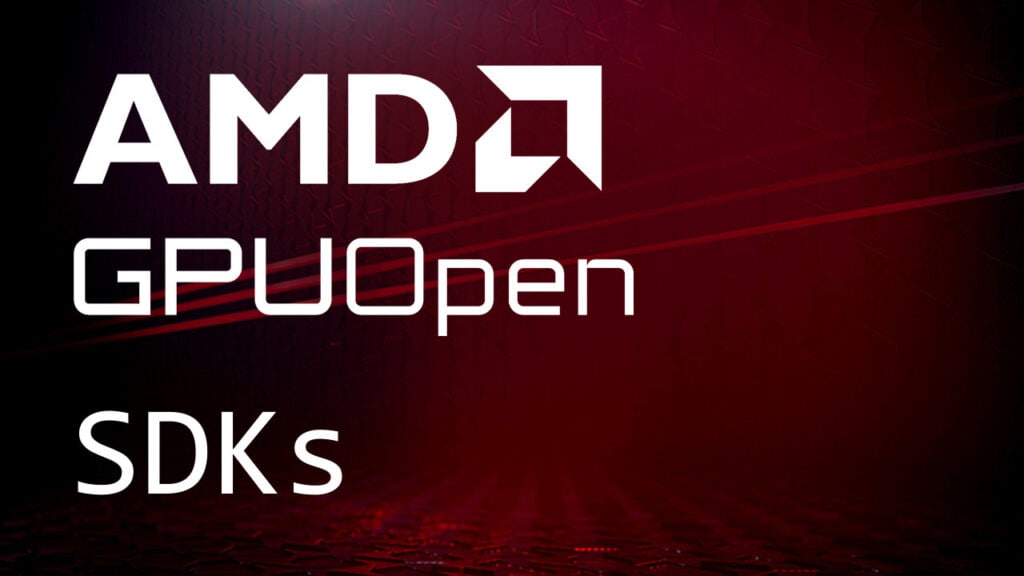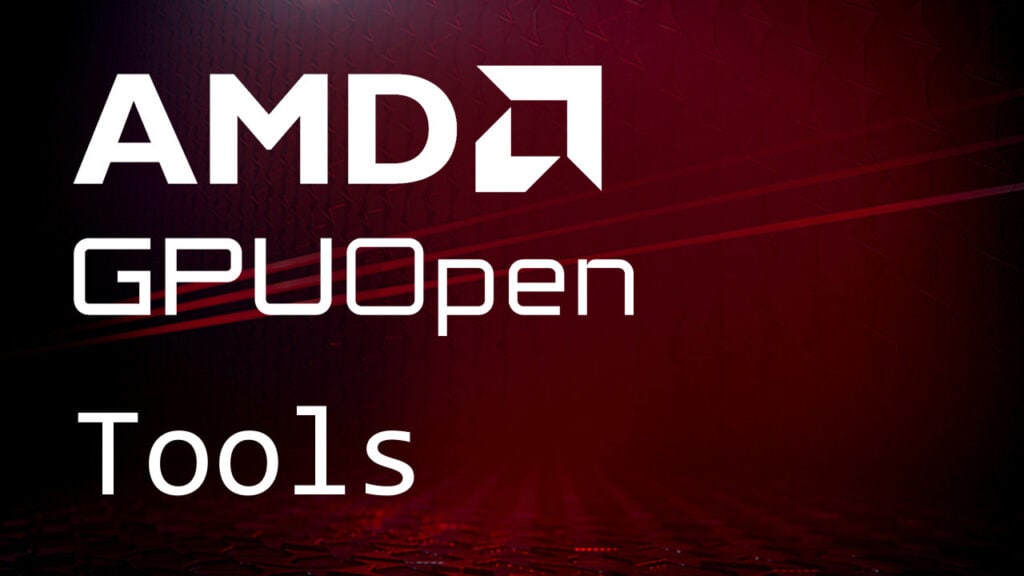DesktopsEvent
Demonstrates how to access desktop changed handle options, add/remove call back for changed events, and perform related testing when programming with ADLX. To receive the event, another application must be used to change these settings, such as the Eyefinity.
Sample Path
/Samples/C/Desktop/DesktopsEvent
Code
//
// Copyright (c) 2021 - 2025 Advanced Micro Devices, Inc. All rights reserved.
//
//-------------------------------------------------------------------------------------------------
#include "SDK/ADLXHelper/Windows/C/ADLXHelper.h"
#include "SDK/Include/IDesktops.h"
#include "SDK/Include/IDisplays.h"
#include "conio.h"
// Event to verify call back
HANDLE hDesktopChangedEvent = NULL;
HANDLE hQuitSignal = NULL;
// Call back to handle changed events
adlx_bool ADLX_STD_CALL OnDesktopListChanged(IADLXDesktopListChangedListener* pThis, IADLXDesktopList* pDesktopList)
{
printf("Desktop list is changed\\n");
ADLX_RESULT res = ADLX_FAIL ;
adlx_bool slsActive = false;
IADLXDesktop* desktop = NULL;
for (adlx_uint crt = pDesktopList->pVtbl->Begin(pDesktopList); crt != pDesktopList->pVtbl->End(pDesktopList); crt++)
{
res = pDesktopList->pVtbl->At_DesktopList(pDesktopList, crt, &desktop);
if (NULL != desktop)
{
ADLX_DESKTOP_TYPE adlxType;
desktop->pVtbl->Type(desktop, &adlxType);
if (adlxType == DESKTOP_EYEFINITY )
{
printf("Eyefinity Creation Event is received\\n");
slsActive = true;
if (desktop != NULL)
{
desktop->pVtbl->Release(desktop);
desktop = NULL;
}
break;
}
if (desktop != NULL)
{
desktop->pVtbl->Release(desktop);
desktop = NULL;
}
}
}
if (false == slsActive)
{
printf("Eyefinity Destruction Event is received\\n");
}
SetEvent(hDesktopChangedEvent);
return true;
}
// Thread to detect quit input
DWORD WINAPI QuitWait(LPVOID lpParam);
static IADLXDesktopListChangedListenerVtbl vtbl = {&OnDesktopListChanged};
static IADLXDesktopListChangedListener eventListener = {&vtbl};
int main()
{
// Add the following code to set environment variable
LPCSTR EnvironmentVariable = "ADL_4KWORKAROUND_CANCEL";
SetEnvironmentVariableA(EnvironmentVariable, "TRUE");
// Define return code
ADLX_RESULT res = ADLX_FAIL ;
// Initialize ADLX
res = ADLXHelper_Initialize();
IADLXSystem* sys = ADLXHelper_GetSystemServices();
IADLXDesktopServices* desktopServices = NULL;
IADLXSimpleEyefinity* eyefinity = NULL;
IADLXDesktopChangedHandling* eventHandling = NULL;
IADLXEyefinityDesktop* eyefinityDesktop = NULL;
if (ADLX_SUCCEEDED (res))
{
// Create desktop changed event and user input event
hDesktopChangedEvent = CreateEvent(NULL, TRUE, FALSE, NULL);
hQuitSignal = CreateEvent(NULL, TRUE, FALSE, NULL);
HANDLE hSignalArray[2] = { hDesktopChangedEvent, hQuitSignal };
// Get desktop services
res = sys->pVtbl->GetDesktopsServices(sys, &desktopServices);
if (desktopServices != NULL && ADLX_SUCCEEDED (res))
{
adlx_uint numDesktop;
res = desktopServices->pVtbl->GetNumberOfDesktops(desktopServices, &numDesktop);
printf("The number of desktop is: %d\\n", numDesktop);
desktopServices->pVtbl->GetSimpleEyefinity(desktopServices, &eyefinity);
if (eyefinity != NULL && ADLX_SUCCEEDED (res))
{
// Verify if Eyefinity is supported
adlx_bool supported = false;
eyefinity->pVtbl->IsSupported(eyefinity, &supported);
if (supported)
{
desktopServices->pVtbl->GetDesktopChangedHandling(desktopServices, &eventHandling);
eventHandling->pVtbl->AddDesktopListEventListener(eventHandling, &eventListener);
printf("Waiting for desktop event... Press Q/q to quit\\n");
// create a thread to detect user's input for quit
adlx_bool loopFlag = true;
DWORD threadId = 0;
HANDLE hThread = CreateThread(NULL, 0, QuitWait, &loopFlag, 0, &threadId);
res = eyefinity->pVtbl->Create(eyefinity, &eyefinityDesktop);
while (true)
{
// Waiting for receiving desktop event or user exit event
WaitForMultipleObjects(2, hSignalArray, FALSE, INFINITE);
if (!loopFlag)
{
CloseHandle(hThread);
break;
}
ResetEvent(hDesktopChangedEvent);
}
res = eyefinity->pVtbl->DestroyAll(eyefinity);
eventHandling->pVtbl->RemoveDesktopListEventListener(eventHandling, &eventListener);
}
else
{
printf("Do not support eyefinity\\n");
}
}
else
{
printf("Get simple eyefinity failed\\n");
}
}
else
{
printf("Failed to get the desktop Services\\n");
}
}
else
{
printf("ADLX initialize failed\\n");
return 0;
}
if (eyefinityDesktop != NULL)
{
eyefinityDesktop->pVtbl->Release(eyefinityDesktop);
eyefinityDesktop = NULL;
}
if (eventHandling != NULL)
{
eventHandling->pVtbl->Release(eventHandling);
eventHandling = NULL;
}
if (eyefinity != NULL)
{
eyefinity->pVtbl->Release(eyefinity);
eyefinity = NULL;
}
if (desktopServices != NULL)
{
desktopServices->pVtbl->Release(desktopServices);
desktopServices = NULL;
}
// Destroy ADLX
res = ADLXHelper_Terminate();
printf("Destroy ADLX res: %d\\n", res);
// Close event
if (hDesktopChangedEvent)
CloseHandle(hDesktopChangedEvent);
if (hQuitSignal)
CloseHandle(hQuitSignal);
// Pause for user see the print out
system("pause");
return 0;
}
DWORD WINAPI QuitWait(LPVOID lpParam)
{
adlx_bool* loopFlag = (adlx_bool*)lpParam;
while (true)
{
// Non-block I/O, check I/O cache whether have characters.
if (_kbhit())
{
char c;
if ((c = getchar()) == 'q' || c == 'Q')
{
*loopFlag = false;
SetEvent(hQuitSignal);
}
}
Sleep(100);
}
}

